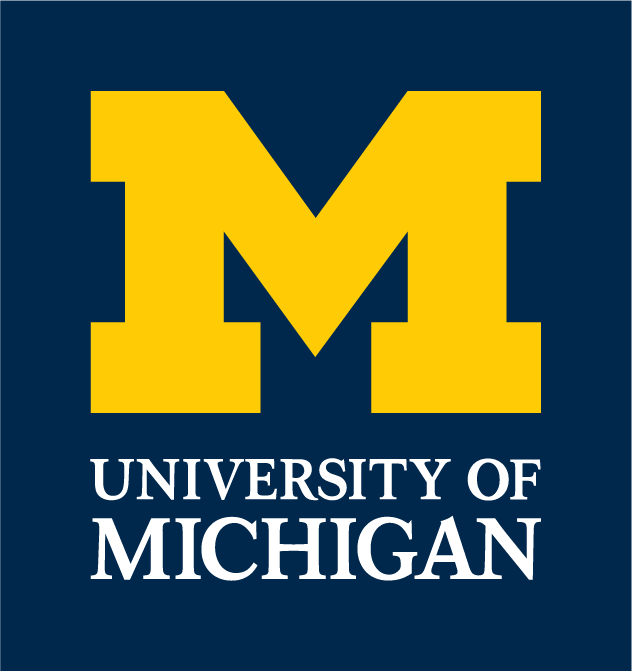I'm looking for information about
Can't find what you're looking for? You may need to login to see more documents
High-level program plans that outline the general goals and acceptable procedures for a department.
This Copy Was Generated On: September 19, 2025
Policy for Research, Teaching, and Testing Activities Involving the Use of Animals
Institutional Animal Care & Use Committee
| Approval Date:
June 5, 2023 5:30 pm
Purpose
This policy of the University of Michigan (U-M) delineates the authority and oversight of the Animal Care and Use Program (ACUP) in the use of animals for the purposes of research, teaching, and testing.
The policy specifically describes: (1) the roles and responsibilities of the Institutional Animal Care and Use Committee (IACUC) and the Attending Veterinarian (AV); and (2) the requirements for an IACUC protocol, the oversight of animal care and use, and the use of space for animal activities. It also guarantees that any reported concerns regarding the care and use of animals are investigated and addressed in a timely and professional manner.
The U-M’s ACUP is dedicated to the adherence to applicable laws, regulations, policies, standards, and ethical principles governing the use of animals in research, teaching, or testing, and serves the needs of scientists conducting animal activities.
Applicability
This policy is applicable to all animal activities conducted under the auspices of the University, and applies to all campus locations, including Ann Arbor, Flint, and Dearborn, as well as any subcontract or field locations.
Policy
-
Role, Responsibility, and Authority of the University’s IACUC
- An IACUC approved protocol is required prior to the use of animals (live or dead), except1 in the following instances (unless specifically required by a funding agency):
- Invertebrates, other than cephalopods, such as insects.
- Embryos (e.g., unhatched amphibian and reptile eggs, bird eggs prior to the start of hatching, larval fish less than 7 days’ post-fertilization)2
- Animal tissues or organs collected from animals euthanized under an approved IACUC protocol.3
- Animal tissues or organs acquired from commercial sources such as a grocery store or United States Department of Agriculture (USDA)-inspected slaughterhouse.
- Established cell lines, as well as biological fluids, available as standard inventory from a commercial supplier.
- IACUC approval is required prior to implementing changes to an existing IACUC approved protocol as described in the Policy on Processing and Approving Protocol Amendments.
- IACUC approval will not be granted to protocols describing the use of hazards until all designated safety committees or departments (e.g., Environment Health and Safety, Radiation Policy Committee, Institutional Biosafety Committee) have cleared the use of the identified hazards (e.g., chemical, biological, or physical).
- The IACUC has the authority to suspend or terminate the approval of previously approved animal activities.
- Areas for animal use and/or housing must be reviewed and approved by the IACUC, or designee, prior to commissioning as an animal area. Additionally, the IACUC has the authority to access any area where an animal is used and/or housed at any time.
- The IACUC will review and evaluate all reports of animal welfare concerns or other animal-related allegations, according to the Policy on Investigating Noncompliance and Animal Welfare Concerns. Information on how to report a concern can be found at http://animalcare.umich.edu/report-animal-concerns.
- An IACUC approved protocol is required prior to the use of animals (live or dead), except1 in the following instances (unless specifically required by a funding agency):
- Role, Responsibility, and Authority of the University’s AV
- The AV has the authority to manage the institution’s program of animal clinical care. This includes unlimited access to all animals and resources impacting animal care, and the management of health and well-being of all animals through biosecurity programs and animal environments.
- In addition to IACUC review, new animal spaces, including by reassignment, renovation, or construction, must also be reviewed and approved by the AV, or designee. Consultation with the AV, or designee, must occur during the planning phase for all renovation or construction projects within established vivaria or that may impact animals within existing animal housing or use areas, i.e.,before renovation or construction begins.
Footnotes
- Visit the Protocol Review Waiver webpage to learn more about exempt activities.
- Any animal that is not exempt from IACUC review, is inadvertently born or hatches, and for which there is no approved IACUC protocol held by the PI, becomes the property of the University of Michigan’s Unit for Laboratory and Animal Medicine (ULAM).
- The use of dead animals or parts of animals is not covered by the PHS Policy unless the activity involves (1) killing animals for the purpose of obtaining or using their tissues or other materials, or (2) project-specific antemortem manipulation of animals prior to killing them. If either circumstance is applicable to the acquisition of dead animals, body parts or tissues, prior IACUC protocol review and approval are required.
Questions?
For questions, additional detail, or to request changes to this policy, please contact the Office of the Assistant Vice President for Research – Director of the Animal Care & Use Office at [email protected] or (734) 763-8028.

